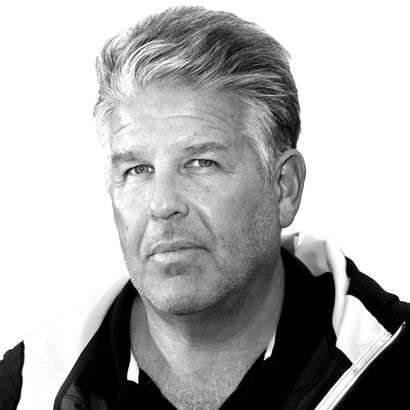Very few #MeToo-ed men have had the guts to attempt a comeback. Mark Halperin, the journalist and former partner of John Heilemann, seems to still be trying. He signed a deal in 2019 for a book on how to defeat Trump. When it came out, several of his sources said they regretted speaking to him. He appears occasionally as a commentator on Newsmax, the conservative news channel.
Louis C.K., the comedian, won a Grammy Award this year for best comedy album, Sincerely Louis C.K., five years after he first admitted to sexual misconduct. He did not appear at the awards show, nor did CBS broadcast his win. He’s also lately been trying to get distribution for a new independent movie he made, Fourth of July. Both Halperin and Louis caught grief, at least in the Twitterverse.


